When Dr. Rana Waqar Tabish came to Auburn to begin working toward his PhD, he already had one doctorate under his belt….
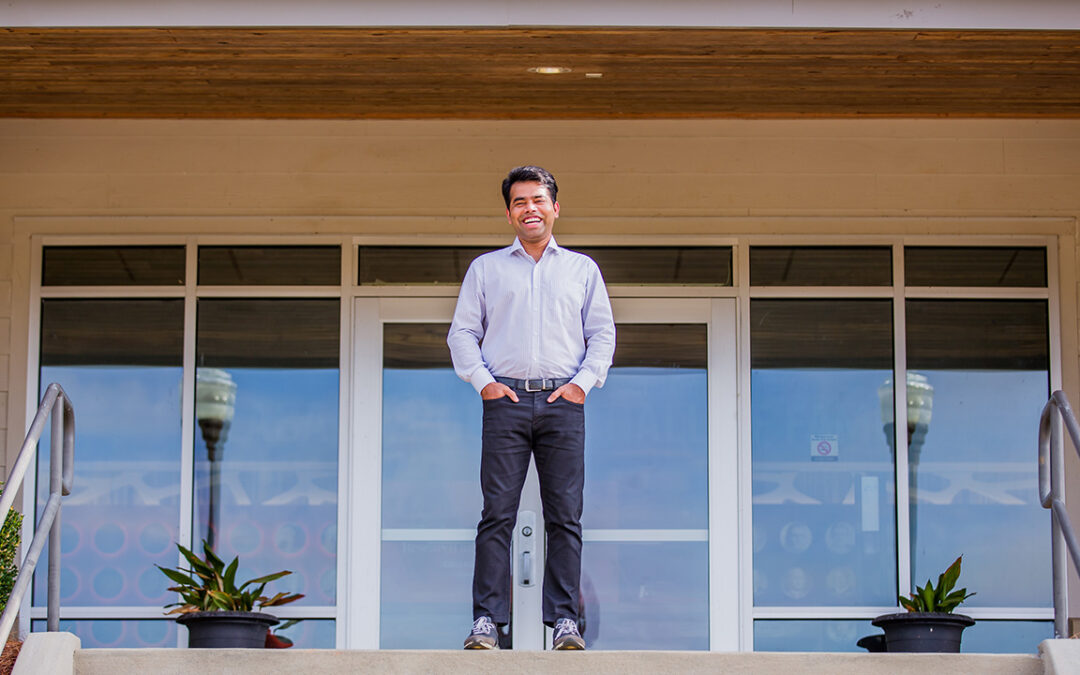

When Dr. Rana Waqar Tabish came to Auburn to begin working toward his PhD, he already had one doctorate under his belt….
Recent graduate Ali Boardwine received a particularly special accolade before graduating on May 11 with a Bachelor of Science in bioprocess engineering and minors in business and public health. The Career Discovery and Success office within the Office of the Provost...
The Auburn University College of Agriculture and Campus Dining recently added four new container farms to its vertical farming operation. The four new farms, outfitted in shipping containers, are from AmplifiedAg, a leader in indoor agriculture. Auburn now has six...
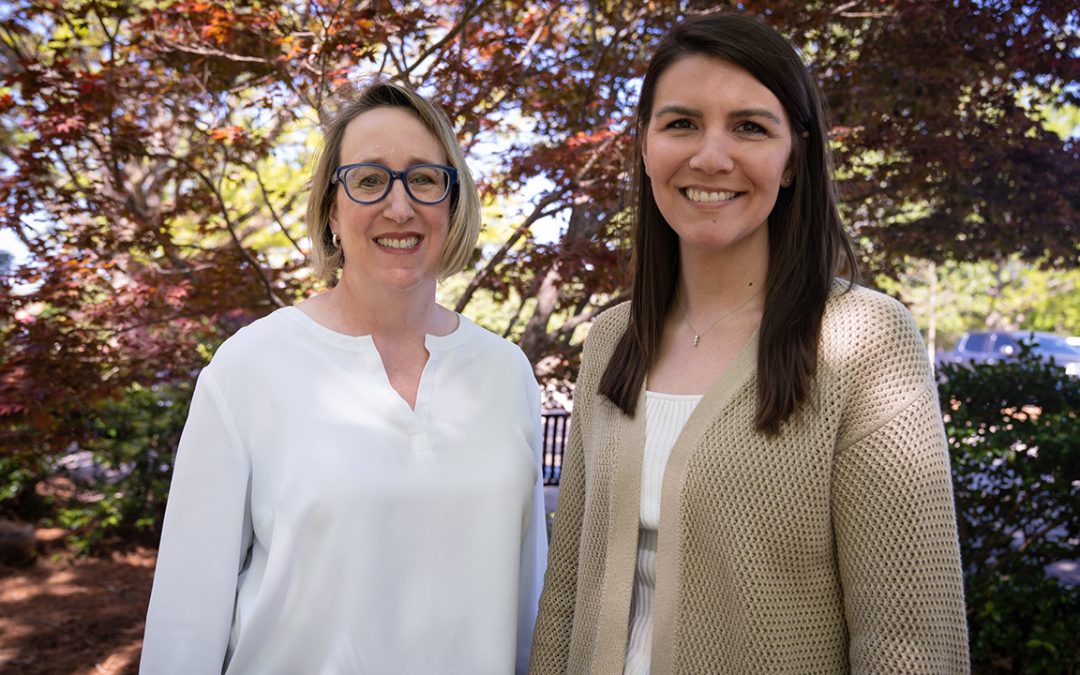
Alabama’s $123 billion agriculture industry has identified land loss, profitability and transportation infrastructure among its most pressing challenges in a recent...
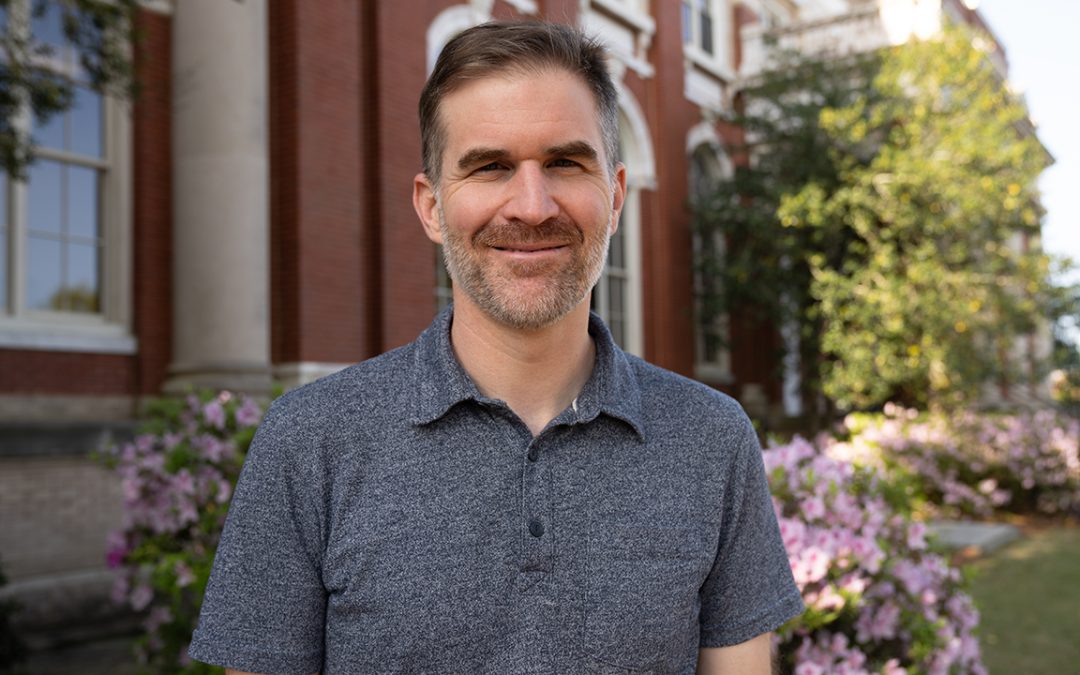
Geoff Williams, associate professor, graduate program officer and longtime director of the AU-Bees Lab, is director of the new Auburn University Bee Center, effective...
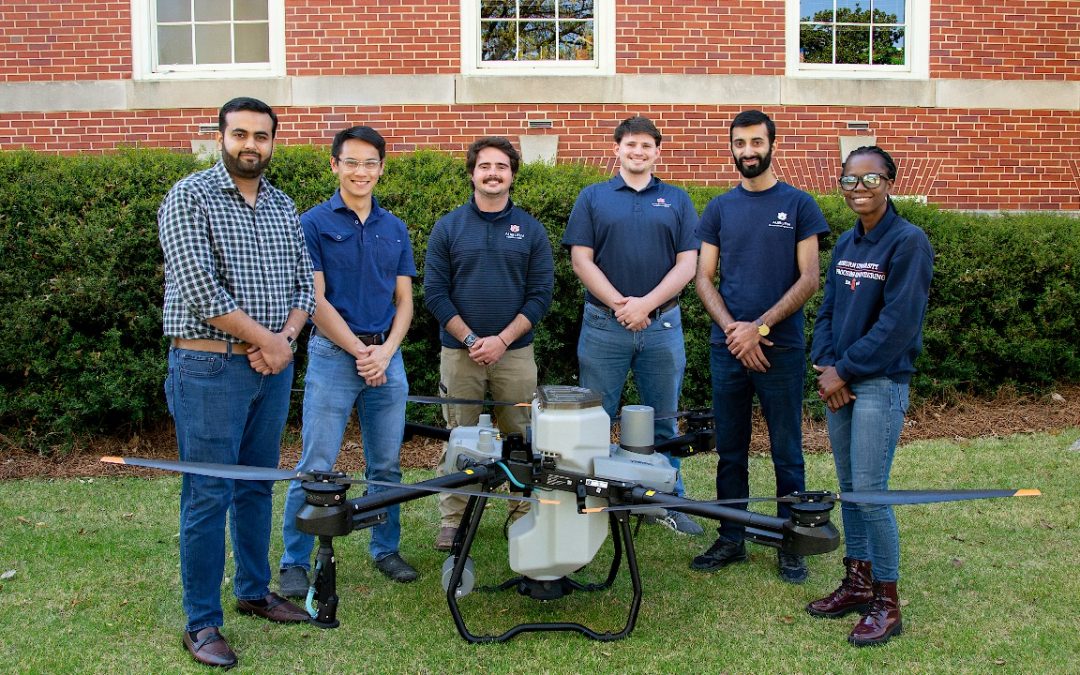
A team of both doctoral and undergraduate biosystems engineering students is tackling the age-old problem of precise fertilizer application with cutting-edge drone technology. According to NASA, they’re tackling it well.
Auburn rural sociology graduate students Lindy Olive and James Patterson III claimed two of the three master’s thesis awards the Rural Sociological Society presented during its recent annual meeting in Portland, Oregon. As winners, the two received $2,000 cash awards.
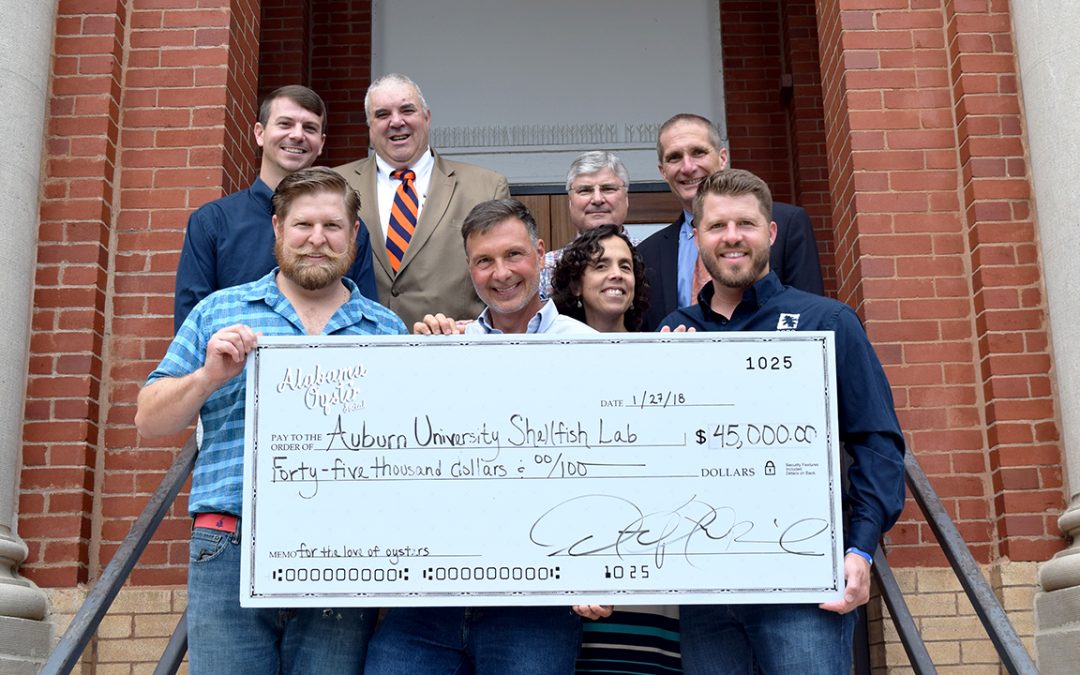
A 32-foot raw bar boasting 5,000 premium farm-raised oysters drew hundreds of oyster lovers to Ag Heritage Park earlier this year for the 2018 Alabama Oyster Social. In addition to emptying all 5,000 half shells, attendees also raised $45,000 to support Auburn University’s Shellfish Lab at Dauphin Island and, in turn, Alabama oyster farmers.

Desmond Layne, Auburn University Department of Horticulture professor and head, has been selected as a 2018 fellow by the American Society for Horticultural Science.
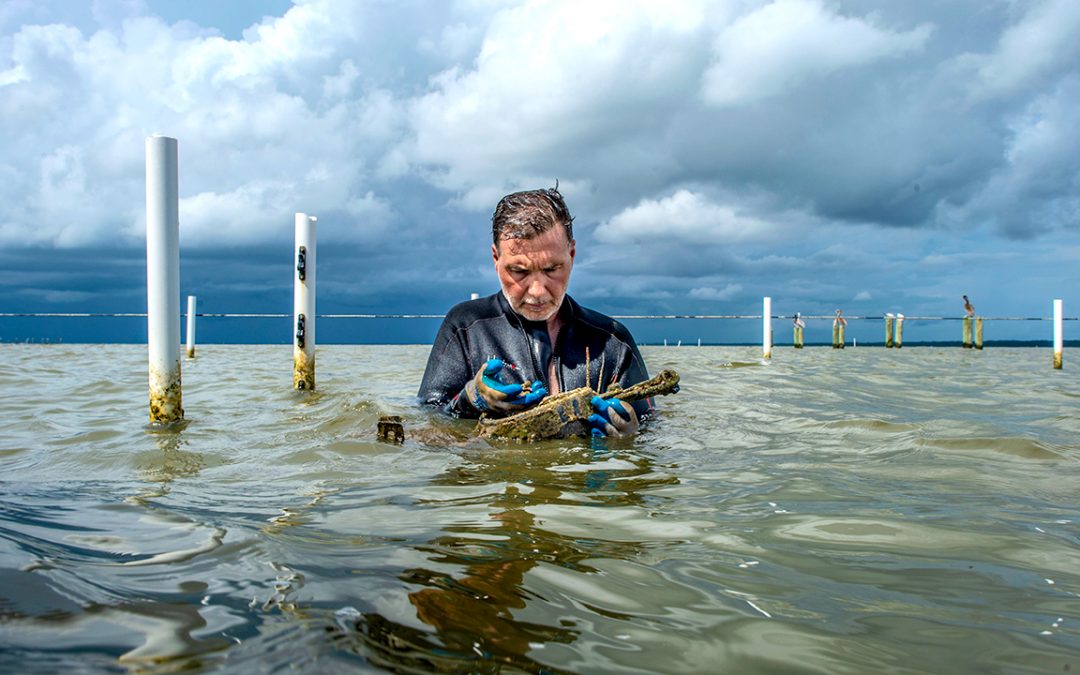
Auburn University marine scientist Bill Walton, one of the driving forces behind the Gulf Coast’s up-and-coming off-bottom oyster-farming industry, has landed a $456,646 federal grant to help ensure that farmed oysters bound for the premium half-shell market are as safe as possible for human consumption.
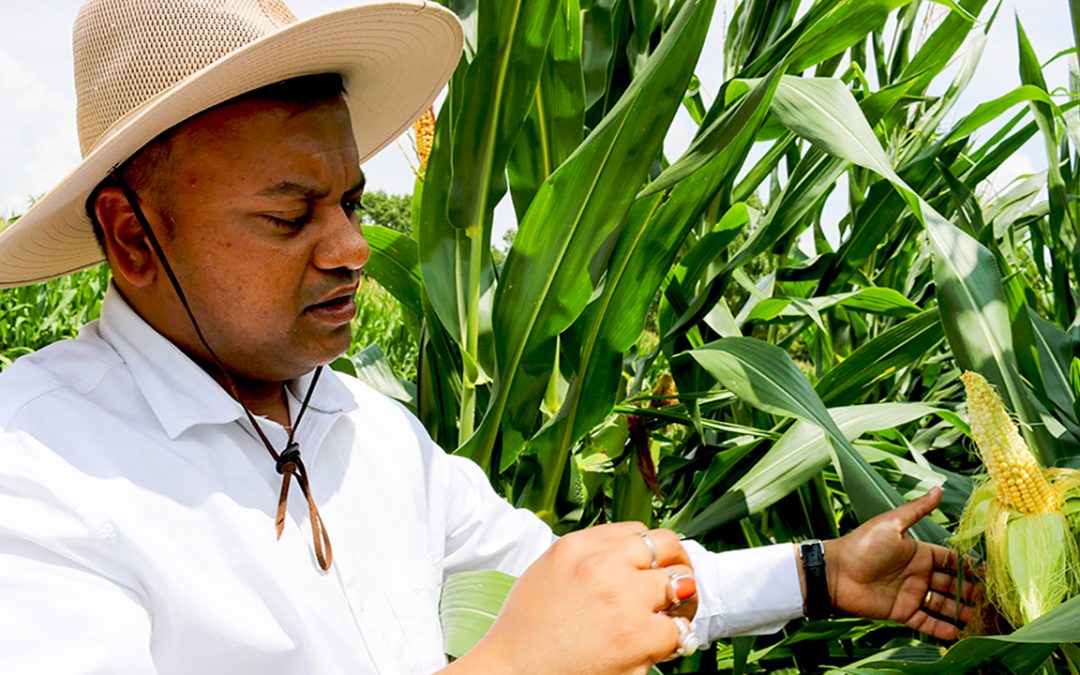
Farmers will need to change their management strategies over the next few decades to adapt to impending climate extremes, according to a study recently published by researchers at Auburn University and Pennsylvania State University.
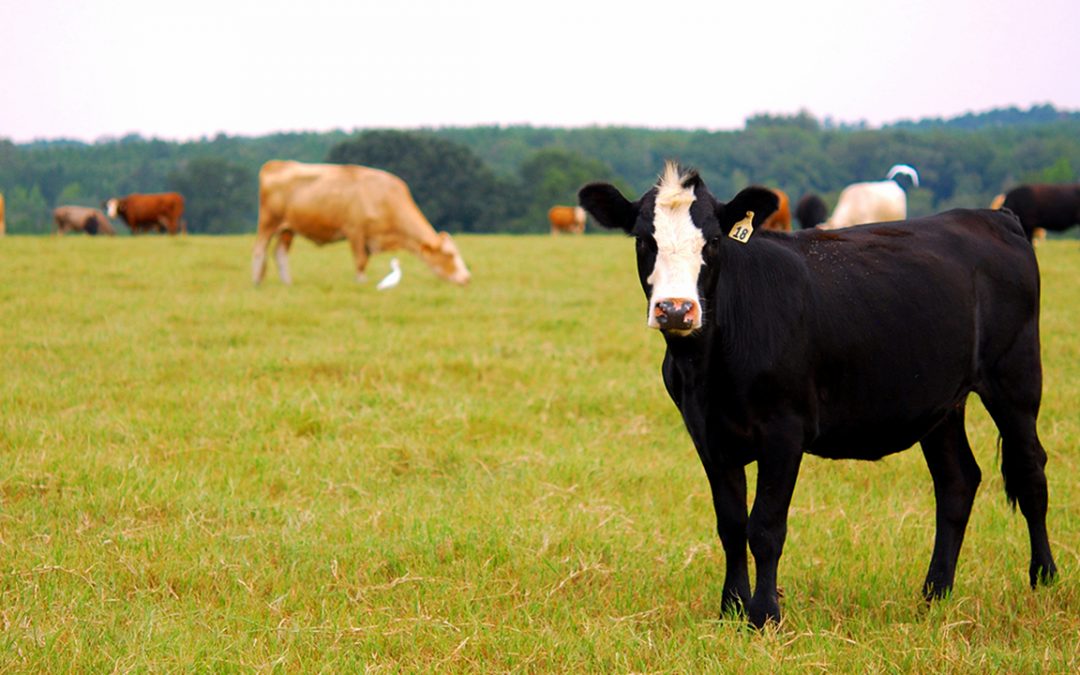
Cow-calf producers across the state will gain valuable insight on how to overcome challenges in the cattle business during the Auburn University Department of Animal Sciences’ 2018 Beef Cattle Conference Saturday, Aug. 18, 8 a.m.-3 p.m., at the Ham Wilson Livestock Arena at 650 S. Donahue Drive in Auburn.
Dalton Richardson received an MS in Rural Sociology at Auburn University before joining the Sociology PhD program at the University of Oregon, where he is currently a Graduate Teaching Fellow. His research interests include rural life in the United States,...
College students who participate in hands-on, faculty-mentored research en route to their bachelor’s degrees cite multiple personal and professional benefits the experience delivers, from strengthening their time-management, critical-thinking and communication skills...
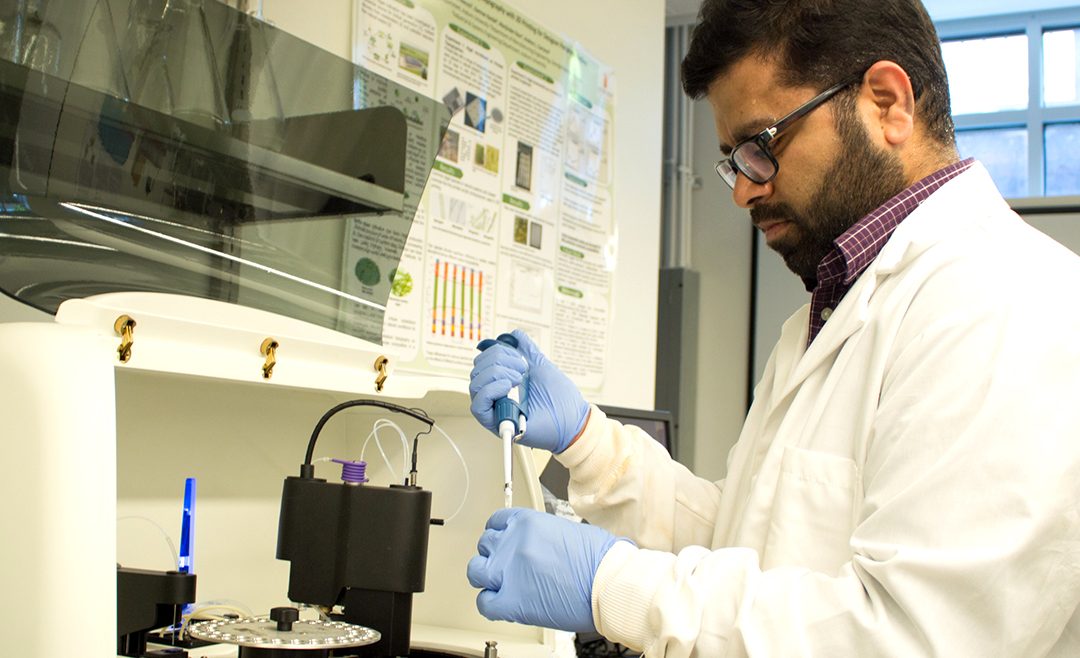
The poultry industry in Alabama contributes more than $15 billion to the state’s economy each year, but along with the revenue and jobs, it also produces about 1.8 million tons of waste, or litter, annually.
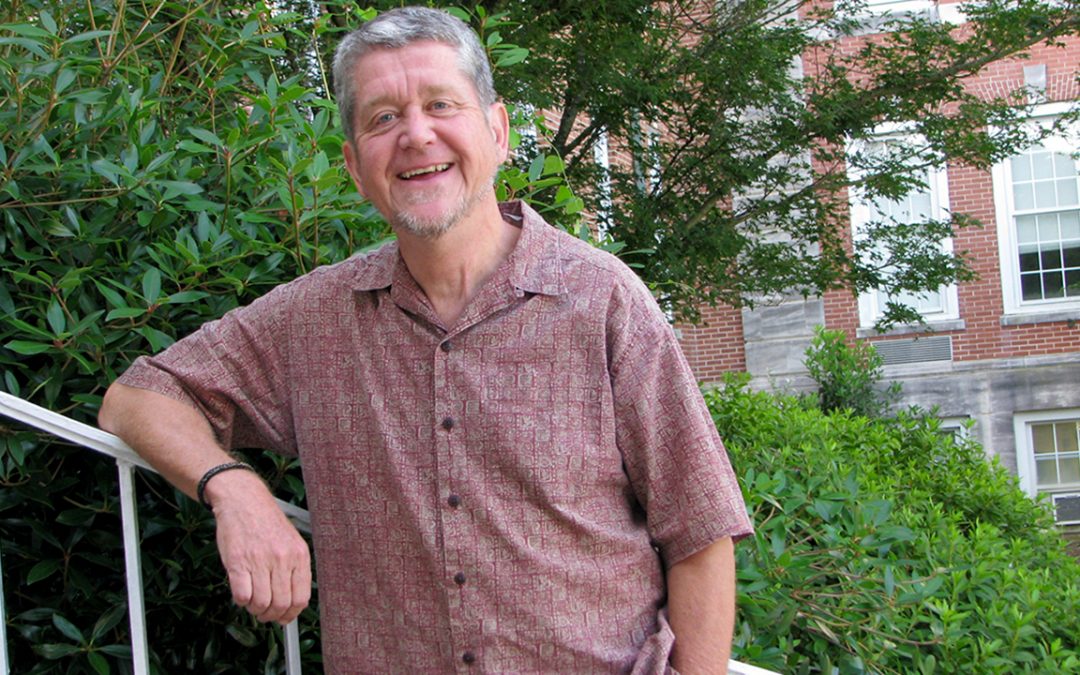
Bill Deutsch, a retired Auburn University aquatic ecologist who has spent almost three decades exploring, restoring and championing Alabama’s 132,000 miles of rivers and streams, will unveil his debut book, Alabama Rivers, A Celebration and Challenge, later this month in Auburn.
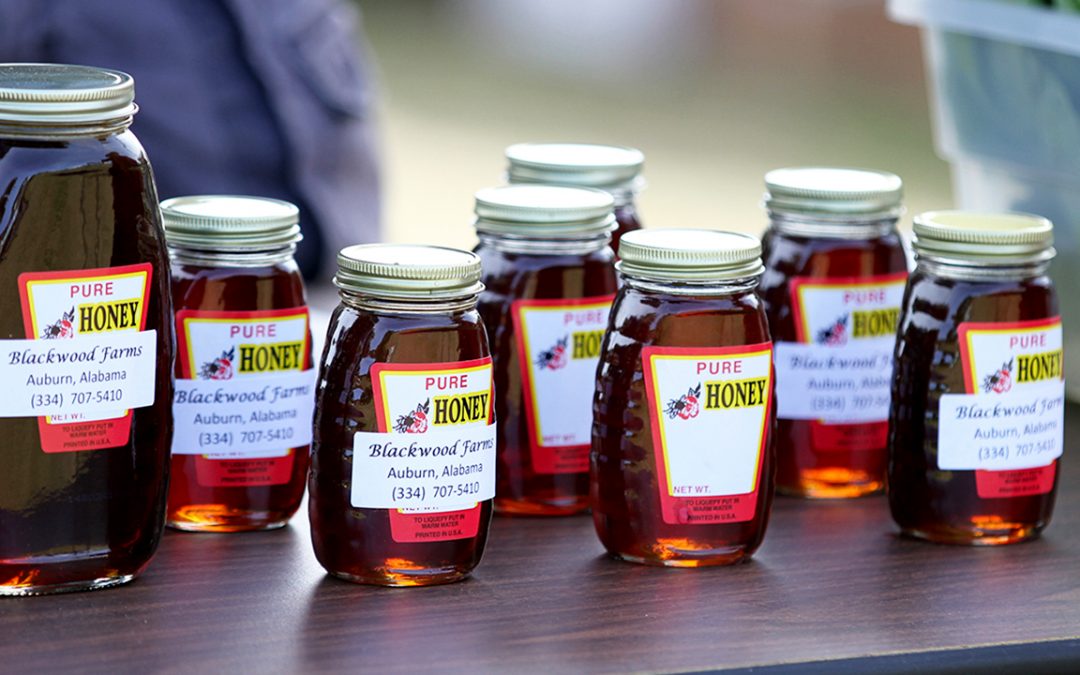
The Auburn University College of Agriculture and the City of Auburn are teaming up to host Bee Auburn 2018 June 18 – 22. The week, which coincides with National Pollinator Week 2018, celebrates pollinators and their impact on our culture, health, history, society and economy.
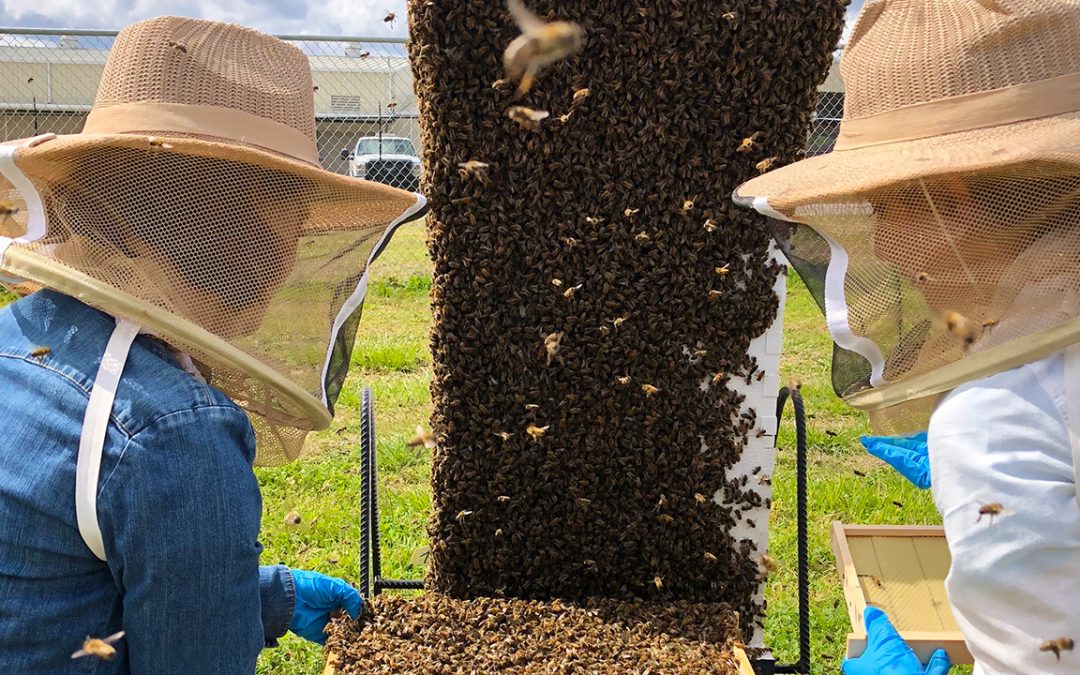
The nation’s beekeepers lost 40 percent of their managed honey bee colonies between April 1, 2017, and March 31, 2018, an increase of almost 7 percentage points from the previous year’s total loss rate, results of an annual nationwide survey show.
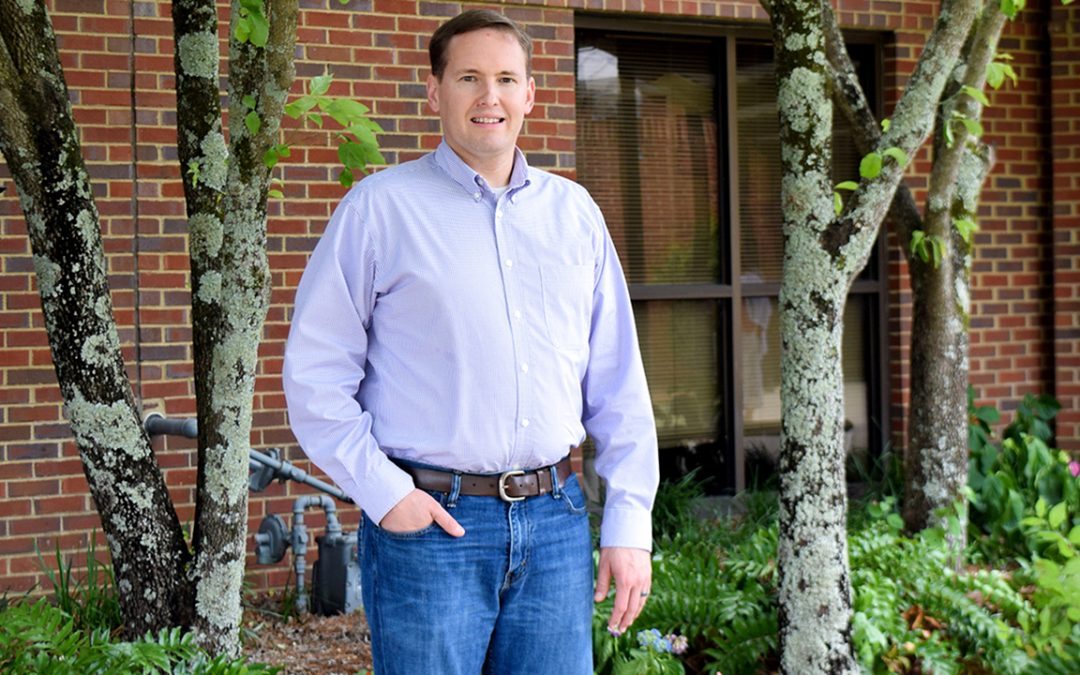
Sometimes when you think you’ve got life all mapped out, providence sends you in a different direction. Grady Smith, senior pastor of Gateway Baptist Church in Montgomery, knows all about that kind of journey.
AUBURN, Ala. -- The nation’s beekeepers lost 40 percent of their managed honey bee colonies between April 1, 2017, and March 31, 2018, an increase of almost 7 percentage points from the previous year’s total loss rate, results of an annual nationwide survey show....
A $500,000 gift to Auburn University’s College of Agriculture from Crossville, Alabama–based D&F Equipment Sales Inc. and its founding Fortenberry family will support ongoing development of the Charles C. Miller Jr. Poultry Research and Education Center, located...
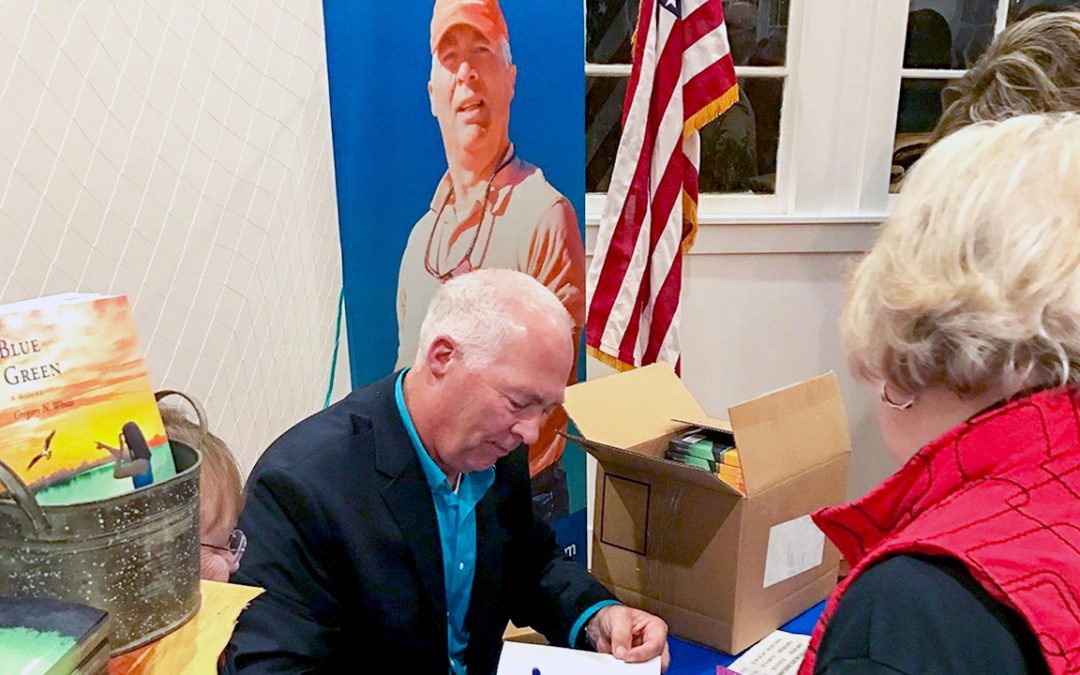
When Gregory Whitis began his undergraduate studies in zoology at Iowa State University in the mid-’70s, he had no idea there was such a place as Auburn University; he had never heard the word “aquaculture”; and the idea of one day living in the Deep South for sure had never entered his mind. And catfish farming? Was that a joke?

On a mid-March afternoon in 1998, Tony Gibson high-fived friends and family as he celebrated graduating with his horticulture degree from Auburn University. But the festivities were short and sweet, because this new alumnus had things to do.
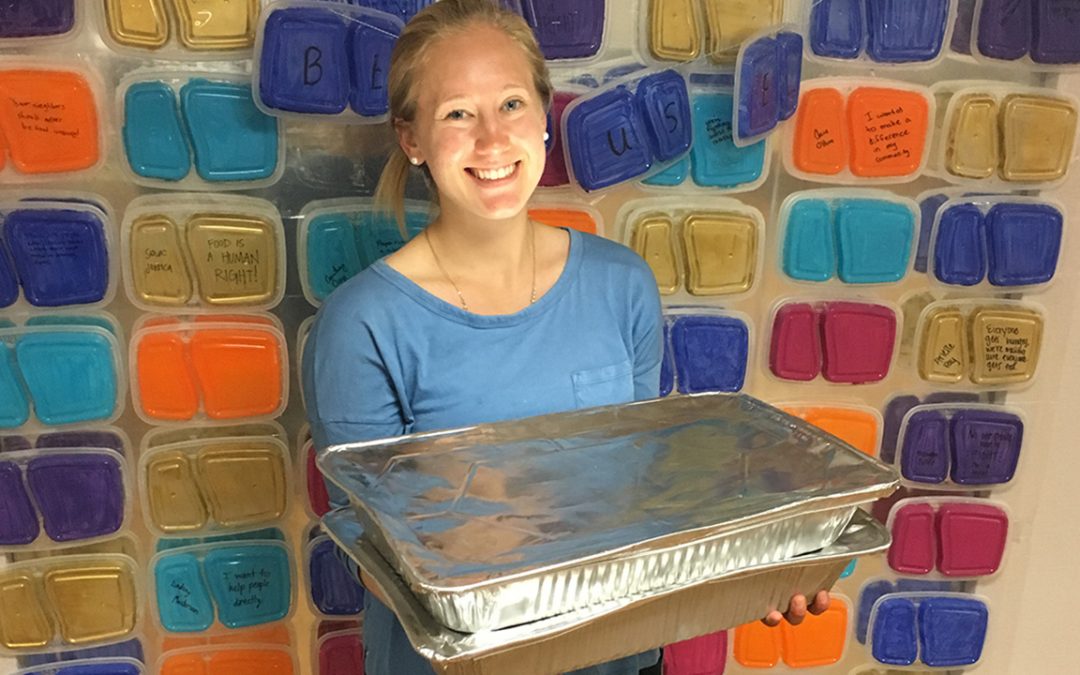
If you’re going to keep up with Kenzley Defler, you’d better put on your running shoes. Not just because she’s an avid long-distance runner and Auburn track and field team member, but because she’s always in motion—working here, researching there and serving everywhere.
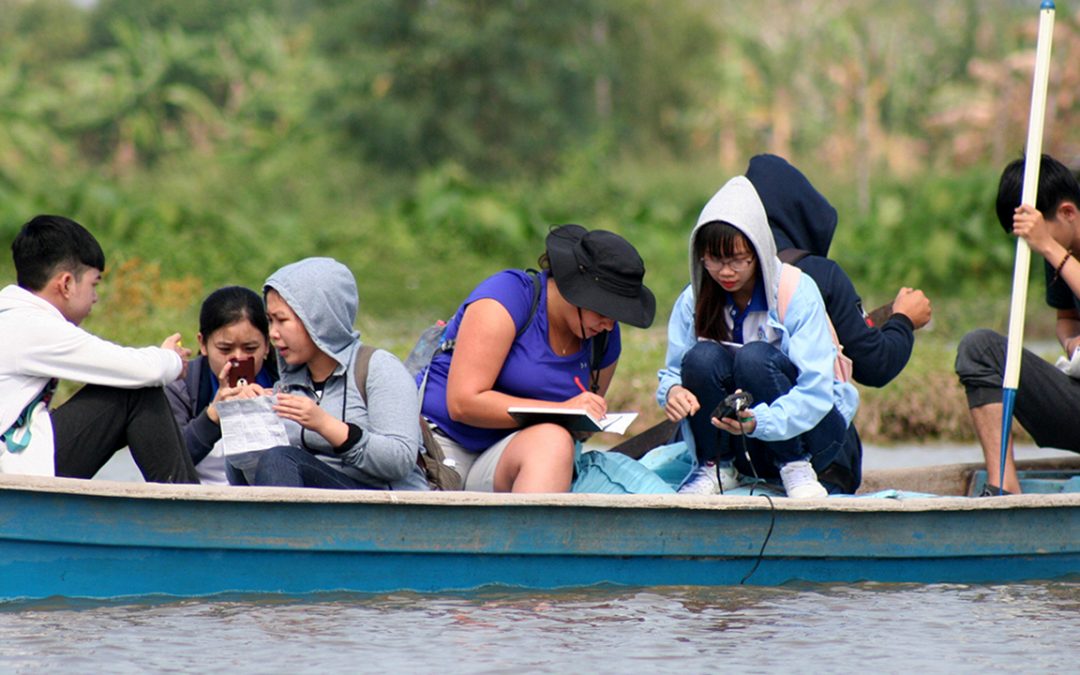
Ideal may not be the first word that comes to mind when one considers Vietnam as a destination, but that’s how School of Fisheries, Aquaculture and Aquatic Sciences associate professor Bill Daniels describes the locale for the study abroad version of his Auburn aquaculture production course.
Live poultry production in the U.S. is on the cusp of revolutionary changes, and Auburn University’s National Poultry Technology Center, or NPTC, is helping to ensure that producers are not left behind. “Efficiency is the key to everything we do,” said Gene Simpson,...
Randall Ennis, a 1983 Auburn University poultry science graduate who serves as CEO of the World Poultry Foundation, will deliver the keynote address during Auburn’s spring 2018 commencement ceremonies set for Sunday, May 6, in the Auburn Arena. He will speak at both...
Auburn rural sociology graduate students Lindy Olive and James Patterson III claimed two of the three master’s thesis awards the Rural Sociological Society presented during its recent annual meeting in Portland, Oregon. As winners, the two received $2,000 cash awards.

A 32-foot raw bar boasting 5,000 premium farm-raised oysters drew hundreds of oyster lovers to Ag Heritage Park earlier this year for the 2018 Alabama Oyster Social. In addition to emptying all 5,000 half shells, attendees also raised $45,000 to support Auburn University’s Shellfish Lab at Dauphin Island and, in turn, Alabama oyster farmers.

Desmond Layne, Auburn University Department of Horticulture professor and head, has been selected as a 2018 fellow by the American Society for Horticultural Science.

Auburn University marine scientist Bill Walton, one of the driving forces behind the Gulf Coast’s up-and-coming off-bottom oyster-farming industry, has landed a $456,646 federal grant to help ensure that farmed oysters bound for the premium half-shell market are as safe as possible for human consumption.

Farmers will need to change their management strategies over the next few decades to adapt to impending climate extremes, according to a study recently published by researchers at Auburn University and Pennsylvania State University.

Cow-calf producers across the state will gain valuable insight on how to overcome challenges in the cattle business during the Auburn University Department of Animal Sciences’ 2018 Beef Cattle Conference Saturday, Aug. 18, 8 a.m.-3 p.m., at the Ham Wilson Livestock Arena at 650 S. Donahue Drive in Auburn.
Dalton Richardson received an MS in Rural Sociology at Auburn University before joining the Sociology PhD program at the University of Oregon, where he is currently a Graduate Teaching Fellow. His research interests include rural life in the United States,...
College students who participate in hands-on, faculty-mentored research en route to their bachelor’s degrees cite multiple personal and professional benefits the experience delivers, from strengthening their time-management, critical-thinking and communication skills...

The poultry industry in Alabama contributes more than $15 billion to the state’s economy each year, but along with the revenue and jobs, it also produces about 1.8 million tons of waste, or litter, annually.

Bill Deutsch, a retired Auburn University aquatic ecologist who has spent almost three decades exploring, restoring and championing Alabama’s 132,000 miles of rivers and streams, will unveil his debut book, Alabama Rivers, A Celebration and Challenge, later this month in Auburn.

The Auburn University College of Agriculture and the City of Auburn are teaming up to host Bee Auburn 2018 June 18 – 22. The week, which coincides with National Pollinator Week 2018, celebrates pollinators and their impact on our culture, health, history, society and economy.

The nation’s beekeepers lost 40 percent of their managed honey bee colonies between April 1, 2017, and March 31, 2018, an increase of almost 7 percentage points from the previous year’s total loss rate, results of an annual nationwide survey show.

Sometimes when you think you’ve got life all mapped out, providence sends you in a different direction. Grady Smith, senior pastor of Gateway Baptist Church in Montgomery, knows all about that kind of journey.
AUBURN, Ala. -- The nation’s beekeepers lost 40 percent of their managed honey bee colonies between April 1, 2017, and March 31, 2018, an increase of almost 7 percentage points from the previous year’s total loss rate, results of an annual nationwide survey show....
A $500,000 gift to Auburn University’s College of Agriculture from Crossville, Alabama–based D&F Equipment Sales Inc. and its founding Fortenberry family will support ongoing development of the Charles C. Miller Jr. Poultry Research and Education Center, located...

When Gregory Whitis began his undergraduate studies in zoology at Iowa State University in the mid-’70s, he had no idea there was such a place as Auburn University; he had never heard the word “aquaculture”; and the idea of one day living in the Deep South for sure had never entered his mind. And catfish farming? Was that a joke?

On a mid-March afternoon in 1998, Tony Gibson high-fived friends and family as he celebrated graduating with his horticulture degree from Auburn University. But the festivities were short and sweet, because this new alumnus had things to do.

If you’re going to keep up with Kenzley Defler, you’d better put on your running shoes. Not just because she’s an avid long-distance runner and Auburn track and field team member, but because she’s always in motion—working here, researching there and serving everywhere.

Ideal may not be the first word that comes to mind when one considers Vietnam as a destination, but that’s how School of Fisheries, Aquaculture and Aquatic Sciences associate professor Bill Daniels describes the locale for the study abroad version of his Auburn aquaculture production course.
Live poultry production in the U.S. is on the cusp of revolutionary changes, and Auburn University’s National Poultry Technology Center, or NPTC, is helping to ensure that producers are not left behind. “Efficiency is the key to everything we do,” said Gene Simpson,...
Randall Ennis, a 1983 Auburn University poultry science graduate who serves as CEO of the World Poultry Foundation, will deliver the keynote address during Auburn’s spring 2018 commencement ceremonies set for Sunday, May 6, in the Auburn Arena. He will speak at both...